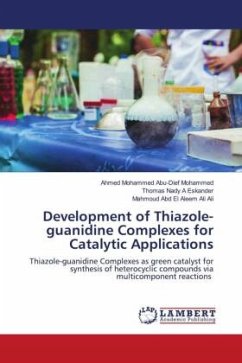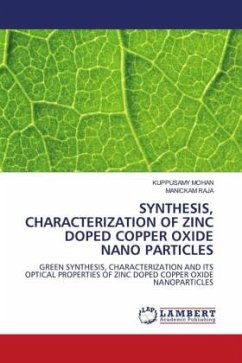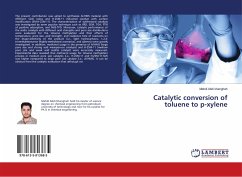Transition metal complexes play a critical role in various catalytic processes, materials synthesis, and biological systems. In particular, the synthesis and characterization of transition metal complexes with organic ligands have gained significant attention due to their potential applications in catalysis and as functional materials. Among the diverse organic ligands, benzimidazole derivatives have emerged as promising candidates for the formation of metal complexes with unique structural and catalytic properties. On the other hand, multicomponent reactions (MCRs) represent an attractive synthetic strategy for the efficient construction of complex molecular designs in a single operation. However, the development of efficient and recyclable heterogeneous catalysts for promoting MCRs under environmentally friendly conditions remains a challenge. Green chemistry principles can be applied to MCRs to minimize their environmental impact and improve their sustainability. In the context of MCRs, green chemistry principles can be applied in several ways. For example, the use of starting materials that are renewable, non-toxic, and have minimal impact on the environment.
Bitte wählen Sie Ihr Anliegen aus.
Rechnungen
Retourenschein anfordern
Bestellstatus
Storno








